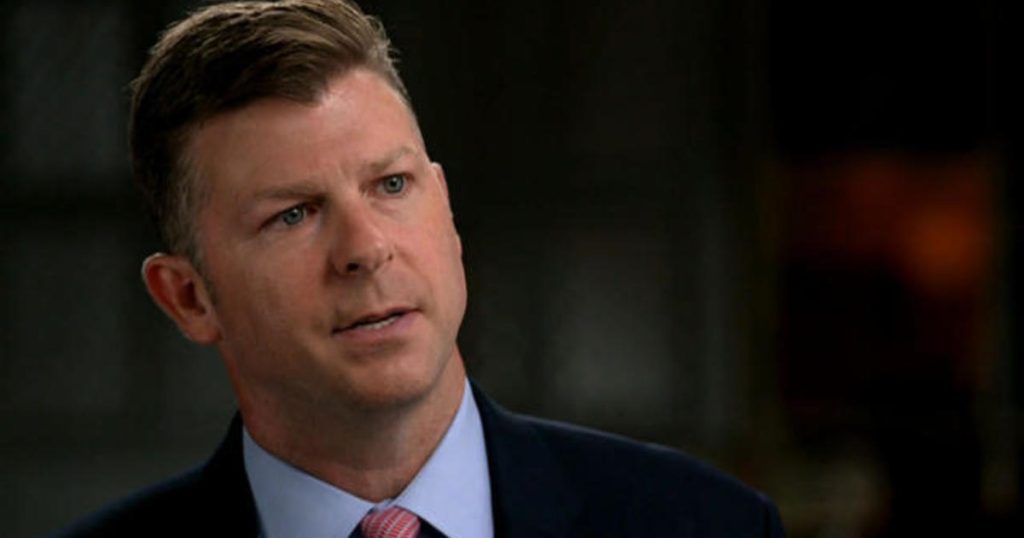Havana Syndrome is a mysterious condition that has affected numerous American officials and diplomats in Cuba, China, and other countries since 2016. The symptoms of Havana Syndrome include headaches, dizziness, and cognitive issues, with some individuals experiencing long-term health problems. While the exact cause of Havana Syndrome is unknown, sources have suggested that foreign adversaries may be involved in carrying out the attacks on Americans.
According to sources who spoke to “60 Minutes,” there is evidence to suggest that a U.S. adversary may be behind the attacks that have caused Havana Syndrome. This revelation comes after years of speculation and investigation into the cause of the mysterious condition. The involvement of a foreign adversary raises concerns about the safety and security of American officials working overseas, as well as the potential political implications of such attacks.
The presence of a foreign adversary in the attacks on Americans linked to Havana Syndrome adds a new layer of complexity to the already perplexing situation. The use of a covert means to target individuals with harmful effects raises questions about the motivations and intentions of the perpetrators. It also highlights the vulnerability of American officials and diplomats who may be at risk of being targeted by hostile actors.
The revelation that a U.S. adversary may be involved in Havana Syndrome underscores the importance of investigating and understanding the root cause of the mysterious condition. Identifying the responsible party behind the attacks is crucial for holding them accountable and preventing future incidents. It also raises concerns about the potential escalation of tensions between the U.S. and foreign adversaries implicated in the attacks.
The implications of foreign adversaries being involved in Havana Syndrome extend beyond the immediate health concerns of the individuals affected. The attacks signify a breach of trust and safety for American officials working abroad, as well as a violation of international norms and diplomatic protocols. The need for increased security measures and diplomatic efforts to address the situation is apparent in light of these new developments.
Moving forward, it is essential for the U.S. government to take swift and decisive action to protect American officials and diplomats from further attacks linked to Havana Syndrome. This may involve implementing heightened security measures, conducting thorough investigations, and collaborating with international partners to address the root causes of the mysterious condition. By uncovering the truth behind the attacks and holding responsible parties accountable, the U.S. can work towards ensuring the safety and well-being of its officials working overseas.


